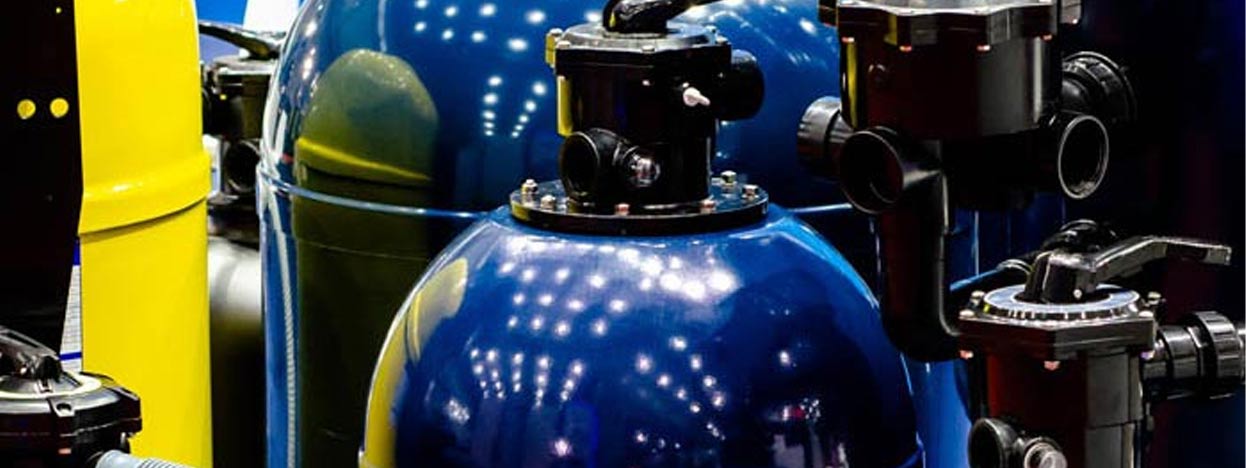- 8550 N 91st Ave building C Unit # 31 Peoria, AZ 85345
- info@extraelectrical.com
- Pool and Spa Automation Systems
- Pool and Spa Electrical Renovations
- Pool and Spa Electrical Inspections
- Pool and Spa Wiring Repairs
- Pool and Spa Electrical Systems Installation
- Pool and Spa Breaker Services
- Pool and Spa Lighting Repair
- Pool and Spa Electrical Panel Repairs
- Pool and Spa Lighting Installation
- Pool and Spa Electrical Systems Repair
Working Hours:
Monday - Saturday
8:00 AM - 5:00 PM
Get In Touch:

Pool and Spa Electrical Systems Repair
Reliable Pool & Spa Electrical Repairs Across Phoenix and Maricopa County
Pools and spas rely on complex electrical systems—pumps, heaters, lighting, automation, and grounding—all of which must function safely and consistently. When problems arise, they don’t just ruin your enjoyment—they pose serious risks like electric shock, equipment failure, or system-wide damage. At Extra Electrical Inc., we specialize in diagnosing and repairing pool and spa electrical systems, ensuring everything operates safely and efficiently.
“A malfunctioning pool or spa system isn’t just inconvenient—it can be dangerous. We take pride in making sure your water features are powered correctly and safely.”
— David Gomez, Owner, Extra Electrical Inc.
Why Pool & Spa Electrical Repairs Matter for System Health
Unlike other parts of your home’s electrical system, pool and spa wiring must operate near water—a combination that demands perfection. Issues like faulty bonding, corroded wires, or improper grounding can lead to dangerous voltage near your pool deck or spa area. Timely electrical repairs ensure your entire pool system remains balanced, safe, and fully compliant with code. When the wiring is right, the whole system—from pumps to lights—works better and lasts longer.
Trusted Pool & Spa Repairs Throughout Phoenix & Maricopa County
At Extra Electrical Inc., we provide expert electrical repair services for residential and commercial pool and spa systems. Our licensed electricians quickly identify faults in wiring, timers, GFCI circuits, lighting, automation panels, and more. Whether your system was installed years ago or recently upgraded, we can bring it back to peak condition—or recommend safe, code-compliant updates if needed.
We’ve served customers throughout Phoenix, Tempe, Chandler, Mesa, and the entire Maricopa County region. Our technicians are familiar with all local pool code requirements and work with both homeowners and pool maintenance professionals to get systems back online quickly and safely.
Going the Extra Mile for Poolside Safety
Why Pool Owners Across Phoenix Rely on Extra Electrical
We go beyond simple repairs. Our “Going the Extra Mile” approach includes inspecting for hidden hazards, testing grounding systems, and verifying that every component works in harmony. We leave no wire unchecked when it comes to water and electricity.
Why Choose Extra Electrical Inc.
- Licensed, bonded, and insured for pool & spa electrical systems
- Fast response for emergency repairs and inspections
- Deep experience with pumps, lighting, controls, and GFCIs
- Code-compliant work that meets NEC and pool safety standards
- Transparent estimates and expert diagnostics
- Full service across Phoenix and all of Maricopa County
- Warranty-backed workmanship and long-term reliability
- Trusted by homeowners, pool builders, and property managers
Pool & Spa Electrical Repair FAQs
What are signs my pool or spa has an electrical issue?
Flickering lights, tripped breakers, malfunctioning pumps, or GFCIs that won’t reset are all signs of a possible electrical fault.
Is it dangerous to ignore electrical problems in pool systems?
Yes. Water and electricity are a dangerous combination. Faulty wiring can pose electrocution risks and should be addressed immediately.
Can you repair older pool systems or upgrade them to code?
Absolutely. We work with all types of systems, from older analog controls to modern automation panels, and we ensure full compliance with local and national codes.
Do I need a permit for pool electrical repairs?
For major repairs or component replacements, yes. We handle all permitting and inspections as part of our service.



